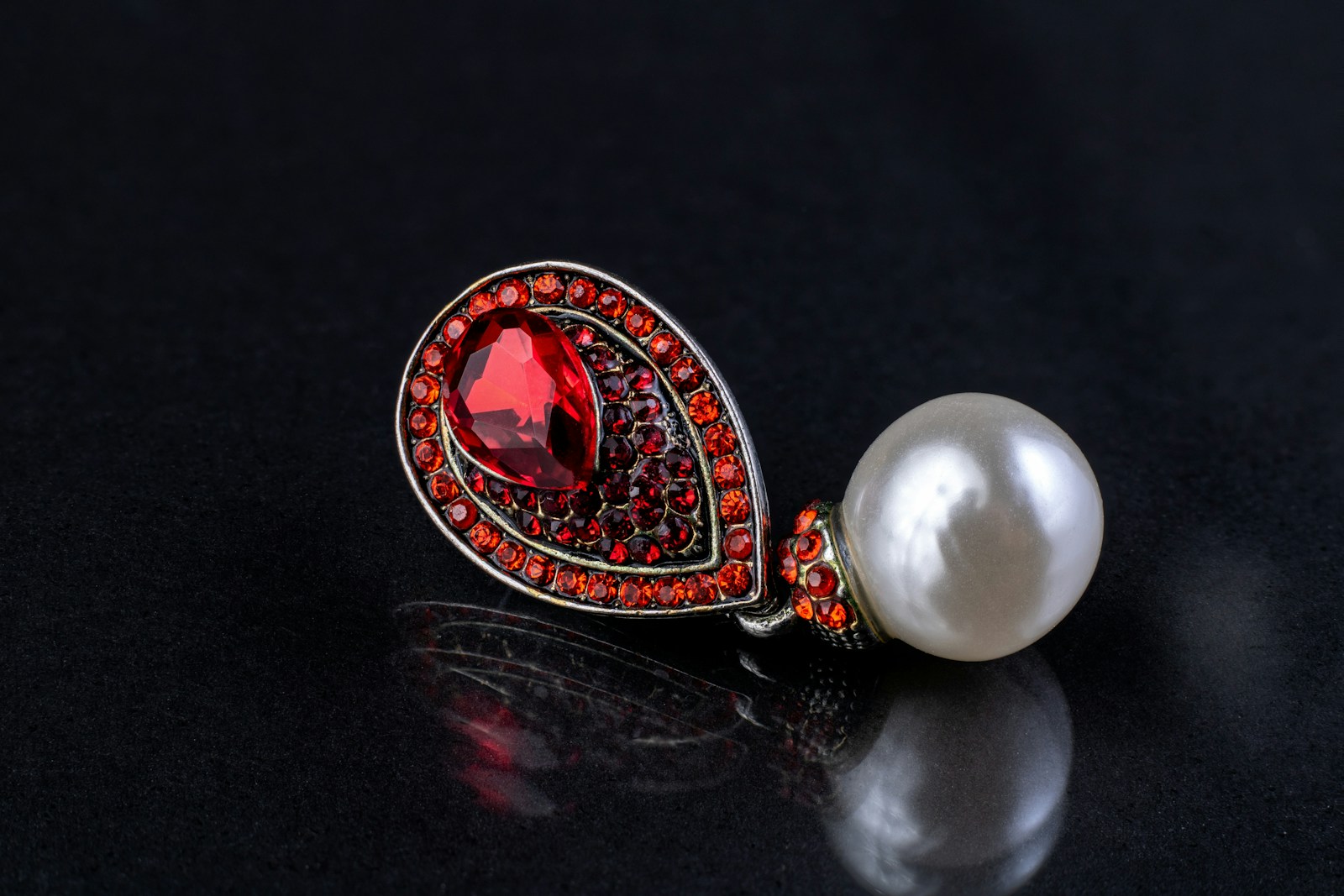
tener unos modales exquisitos

having exquisite manners
The Spanish phrase 'tener unos modales exquisitos' translates to 'having exquisite manners' in English. This phrase might be used to compliment someone for their polite and refined behavior. It suggests that the person not only has good manners, but that they carry themselves with a level of grace and respectability that is above and beyond what is commonly seen. This is an expression typically used in formal or elevated social settings.
Example sentences using: tener unos modales exquisitos
Es importante tener unos modales exquisitos al interactuar con la realeza.

It's important to have exquisite manners when interacting with royalty.
This sentence is explaining the importance of having excellent manners, specifically when engaging with people of high status such as royal people.
Los diplomáticos son conocidos por tener unos modales exquisitos.

Diplomats are known for having exquisite manners.
This statement presents diplomats as individuals who are expected to have outstanding manners, which is partly due to the nature of their profession.
Para tener unos modales exquisitos, es necesario práctica y conciencia.

To have exquisite manners, practice and awareness are necessary.
The sentence emphasizes that in order to develop excellent manners, an individual must practice these manners consistently and be aware of their conduct at all times.
María siempre impresiona a todos al tener unos modales exquisitos.

Maria always impresses everyone by having exquisite manners.
In this case, Maria is used as an example of an individual who impresses others with her outstanding manners.
Tener unos modales exquisitos no significa que seas pretencioso.

Having exquisite manners does not mean you are pretentious.
This phrase refutes the assumption that having excellent manners equates to being pretentious, indicating that these are separate qualities.
Los estudiantes de etiqueta aprenden a tener unos modales exquisitos.

Etiquette students learn to have exquisite manners.
This sentence describes etiquette students as individuals who are taught to adopt and display outstanding manners.
Los caballeros deben tener unos modales exquisitos.

Gentlemen should have exquisite manners.
This statement is perhaps a cultural or societal expectation, stating that 'gentlemen' – usually referring to men of good, courteous conduct – should have superior manners.
Tener unos modales exquisitos te ayudará a destacarte en la sociedad.

Having exquisite manners will help you stand out in society.
This sentence suggests that displaying outstanding manners is an admired trait that can boost an individual's social standing.
A pesar de tener unos modales exquisitos, fue grosero con el camarero.

Despite having exquisite manners, he was rude to the waiter.
In this sentence, it is described a scenario where in spite of the person's usual polite behavior, he has displayed rudeness.
Tener unos modales exquisitos es una virtud que se está perdiendo con el tiempo.

Having exquisite manners is a virtue that is getting lost over time.
This is used to imply the view that excellent manners are not as common or valued as they used to be.